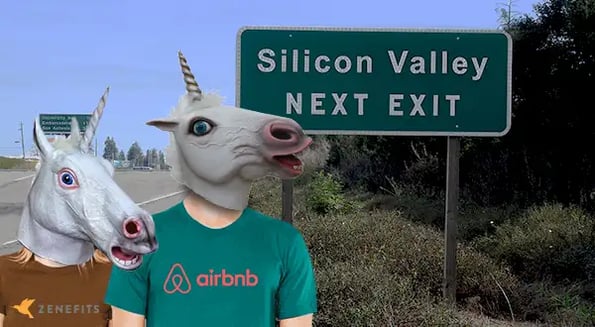From 2007 to 2014, the number of $100m funding rounds ranged from 0 to 4 per month. Now, in an age where venture capital flows more freely than Soylent, startups raised a record 55 ‘mega-rounds’ just last month.

But when startups focus on fundraising, international expansion, and never-ending hiring instead of stable business models, they risk becoming money-losing machines that struggle to turn a profit.
Stampede of the unicorns
As funding increases, so do valuations. Just 80 startups were valued at $1B in 2015, but last year that number more than tripled to 258.
Why is this happening? Basically, VCs raised the bar for funding. Just a few years ago, a $10m funding round was big. Today, big venture funds like SoftBank’s Vision Fund won’t even invest less than $100m.
Since companies need funding to stay competitive, they are pressured to take large funding rounds and constantly expand. Often, this pushes companies into debt as they pursue growth at any cost.
Why is this a problem?
Once a startup is caught in a cycle of growth-fueled debt, it will often continue to stay private in order to continue growing, requiring more and more funding and postponing profit.
Two decades ago, when companies were expected to make money to survive, this cycle wasn’t common. After raising just $36.1m, Google turned a profit in 3 years (and went public in 6).
But today, companies routinely stay private for more than a decade as they try to grow. Uber is an example of the vices of VC: It’s raised $21.7B and hasn’t made a profit (or gone public) after 9 years.
A future of fast funding and slow profits
When the VC bubble first started minting unicorns en masse, VC analyst Bill Gurley proclaimed “all these private valuations are fake… it’s all a myth,” echoing a common sentiment that a “correction” would soon reduce the valuations of VC-backed startups.
But, that market correction has failed to materialize, and now, even Bill Gurley believes in unicorns. “You have to adjust to the reality and play the game on the field,” he recently told The New York Times.

